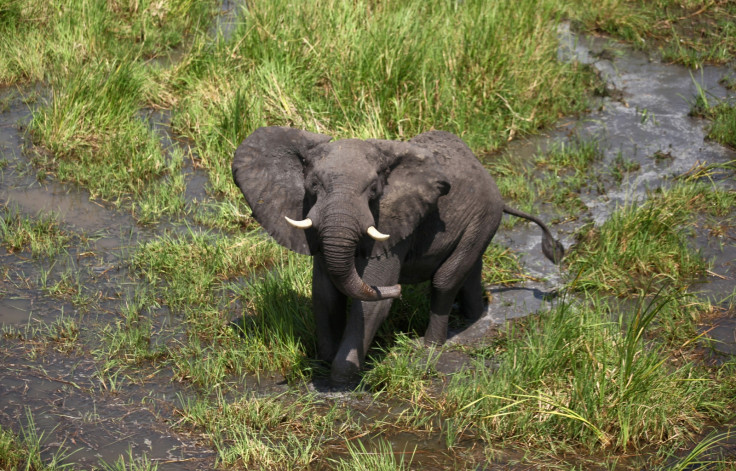Wildlife Populations Halved in Last 40 Years by 'Human Consumption and Degradation'

World wildlife populations have decreased by more than 50% in the last 40 years.
According to the 2014 Living Planet Report by the Zoological Society of London (ZSL), the overall decline stands at 52%. Terrestrial species and marine species declined by 39% from 1970 until 2010.
The report, produced in collaboraiton with WWF and the Global Footprint Network, also found that in the same time frame, freshwater species declined by 76%.
The results were produce after researchers used the Living Planet Index (LPI) - which measures trends in thousands of vertebrate species populations - to analyse the health of over 10,000 populations of more than 3,000 species.
The most dramatic regional LPI decrease occurred in South America, followed closely by the Asia-Pacific region.
"The biggest recorded threat to biodiversity globally comes from the combined impacts of habitat loss and degradation, driven by unsustainable human consumption," the report said. "The impacts of climate change are becoming of increasing concern."
Other factors that contribute to the populations decrease are the presence of invasive species, pollution, and diseases.
The main threats to freshwater species, which have suffered the biggest decrease, are habitat loss and fragmentation, pollution, and invasive species. Direct impacts on water levels or on freshwater system connectivity have a major impact on freshwater habitats.
The report cited as an example the case of Coorong, a coastal wetland in South Australia, which has suffered from low water levels and rising salinity since 1985, due to water extraction for irrigation. This has resulted in population decrease.

Stop Depletion of Natural Resources to Halt Wildlife Species Decrease
As a possible solution to halt the decrease of wildlife populations, the report suggested to stop the depletion of natural resources.
"For more than 40 years, humanity's demand on nature has exceeded what our planet can replenish," the paper said. "The sum of all human demands no longer fits within what nature can renew."
Researchers suggested adopting measures outlined in the report's section named One Planet Perspective, which says humans should: preserve natural capital, by, for example, restoring damaged ecosystems; produce better; and avoid wastage.
Researchers also said that a better ecosystem could be achieved if people will consume more wisely and adopt sustainable energy, while governments should support and reward conservation and share available resources.
"Numerous examples, from all around the world, demonstrate the One Planet Perspective in practice – with significant environmental, social and economic benefits," the report concluded.
© Copyright IBTimes 2025. All rights reserved.






















